AN EQUITABLE APPROACG TO THE CURRICULUM AND BEYOND
Why has this area been identified as a strength? What actions has the school taken to establish expertise in this area?
- North Mead leaders have tailored the curriculum and wider work to the specific needs of the pupils and community. The impact that it has had on the school has been transformational. Pupils have gone from having low aspirations, a passive attitude towards learning, showing low level disruption and having a very closed experience of the wider world to pupils who are highly engaged, achieve high outcomes, demonstrate meaningful relationships, and experience a wide range of enrichment activities. It is distinctive because it is carefully matched to the community, but the model could be adapted to different schools and contexts.
- Through the character and enrichment approach, staff have given pupils the learning behaviours and experiences to access a rich and varied curriculum, as
active participants in their learning. The foundation of this is meaningful relationships with others, understanding the similarities and differences amongst
people as citizens of Leicester, Britain and the world today. As a result, there are reduced notable behaviour incidents from daily occurrences to a rarity. - To achieve this, leaders have targeted funding to enhance the curriculum and the talents of the pupils. All enrichment activities (trips, visitors, clubs, sports events etc.) are free to all pupils – this is because these form the basis of the exciting curriculum. One of the vision and value statements is equity – staff give pupils and families what they need rather than have blanket policies. This varies widely and includes help in completing forms, making appointments, furnishing houses, completing right to remain applications and accessing clothing, food and vouchers. This equitable approach extends into policies, such as behaviour, which identifies and provides a different approach for ‘Plan B’ children. This caring method ensures that staff have a good knowledge of the community and its needs as well as accurately pinpointing any barriers to learning. This was particularly evident throughout the two school lockdown periods and the development of the blended learning offer.
- The impact of the approach is shown through the consistently high end of key stage assessments, particularly the progress that pupils make (which has been recognised in letters from the DfE). This alongside the development of character and relationship skills, means that pupils are in an excellent position for their next phase of education and life beyond school. A further positive impact has been the increase in the number of children on roll. North Mead has gone from having low numbers and being a last choice, to a school with a waiting list in nearly all year groups. This is due to the changed reputation in the local area and is a particular achievement this year when many schools in the city have struggled with the impact of a low birth rate.
What evidence is there of the impact on pupils’ outcomes?
North Mead leaders present a range of evidence to show impact. This includes:
• End of Key Stage attainment and progress data in all core subjects.
• Behavioural and exclusion information.
• Attendance information.
• Case studies.
• Parent and visitor testimonials.
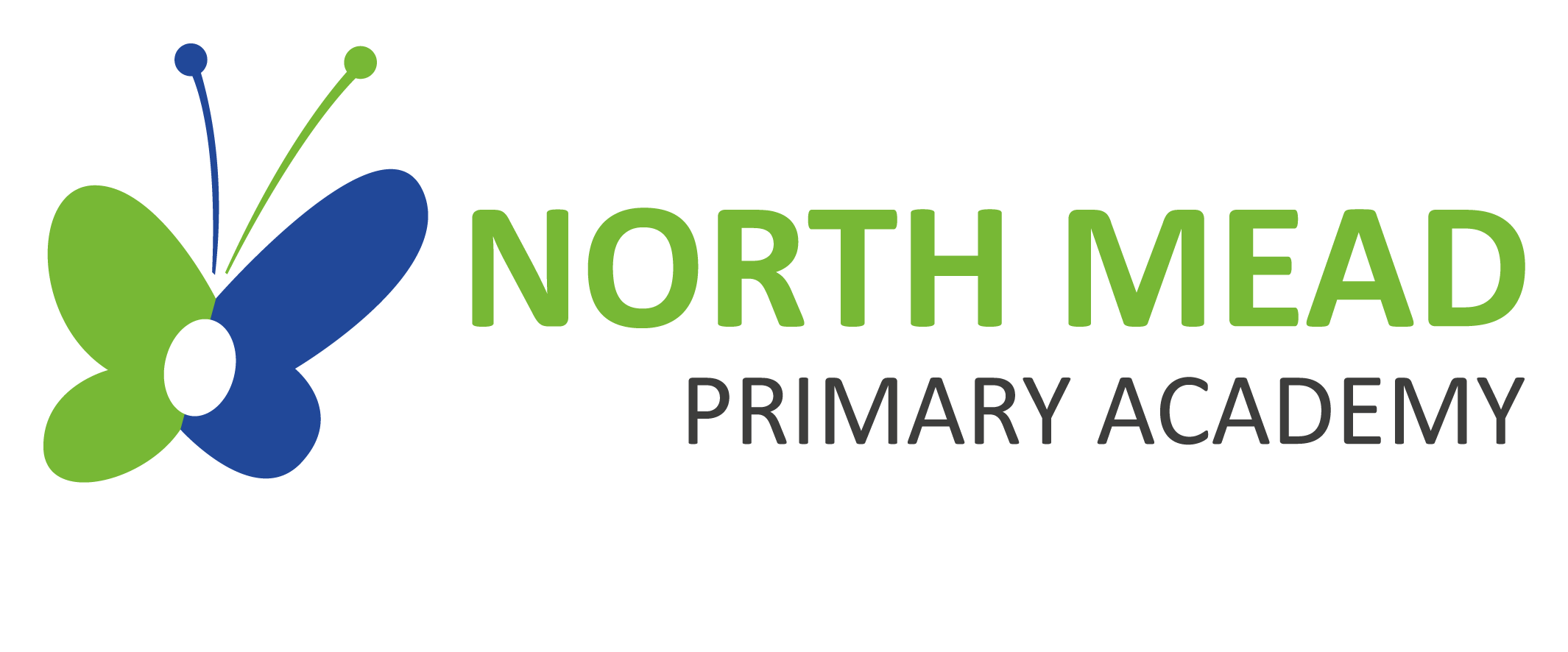

























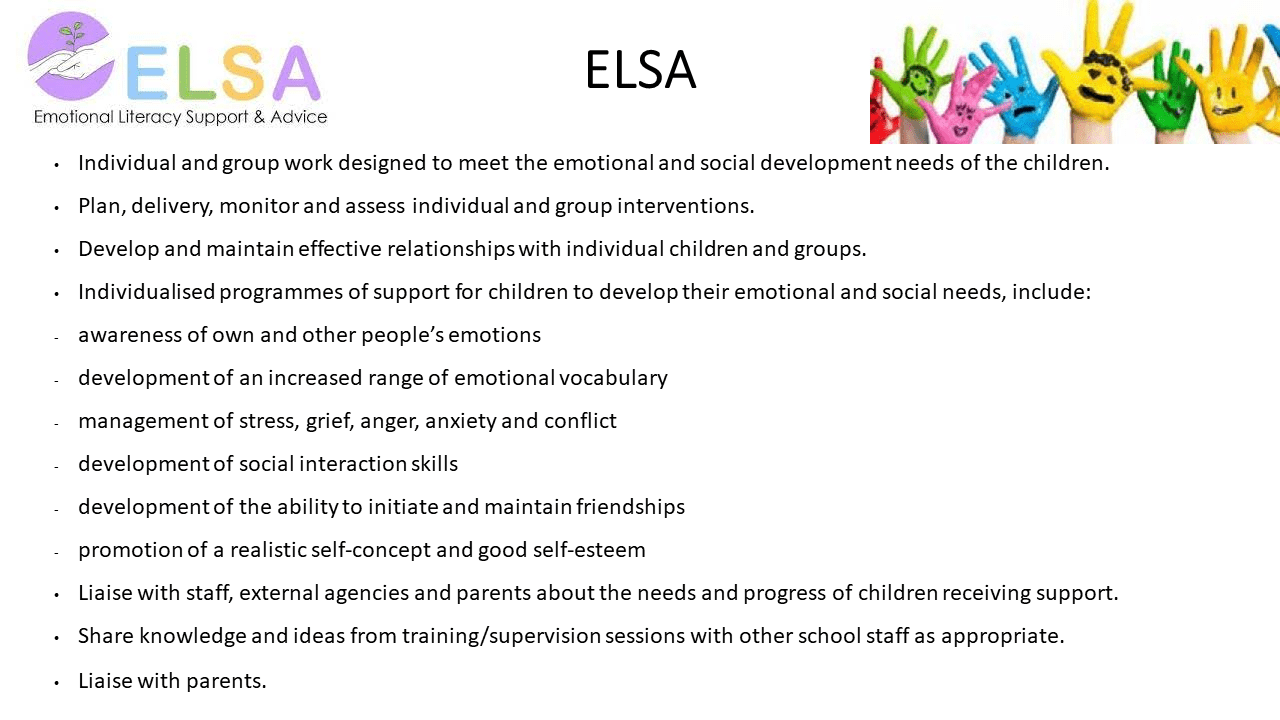

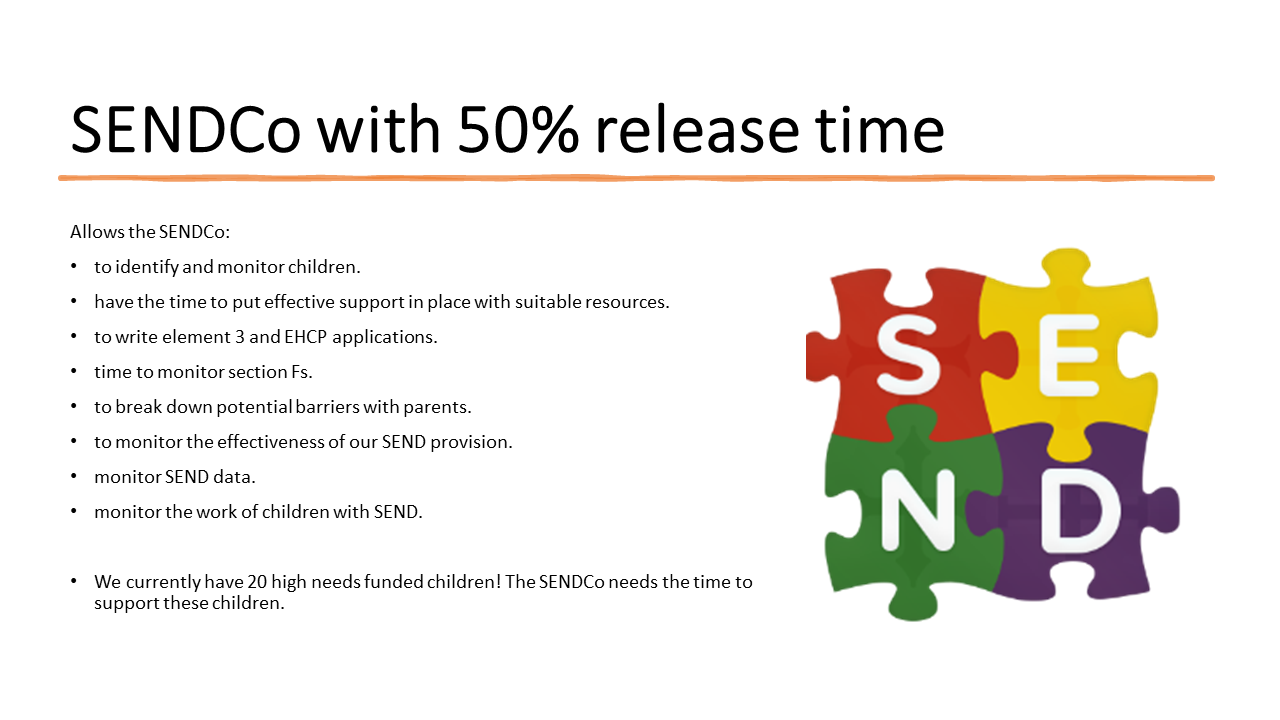

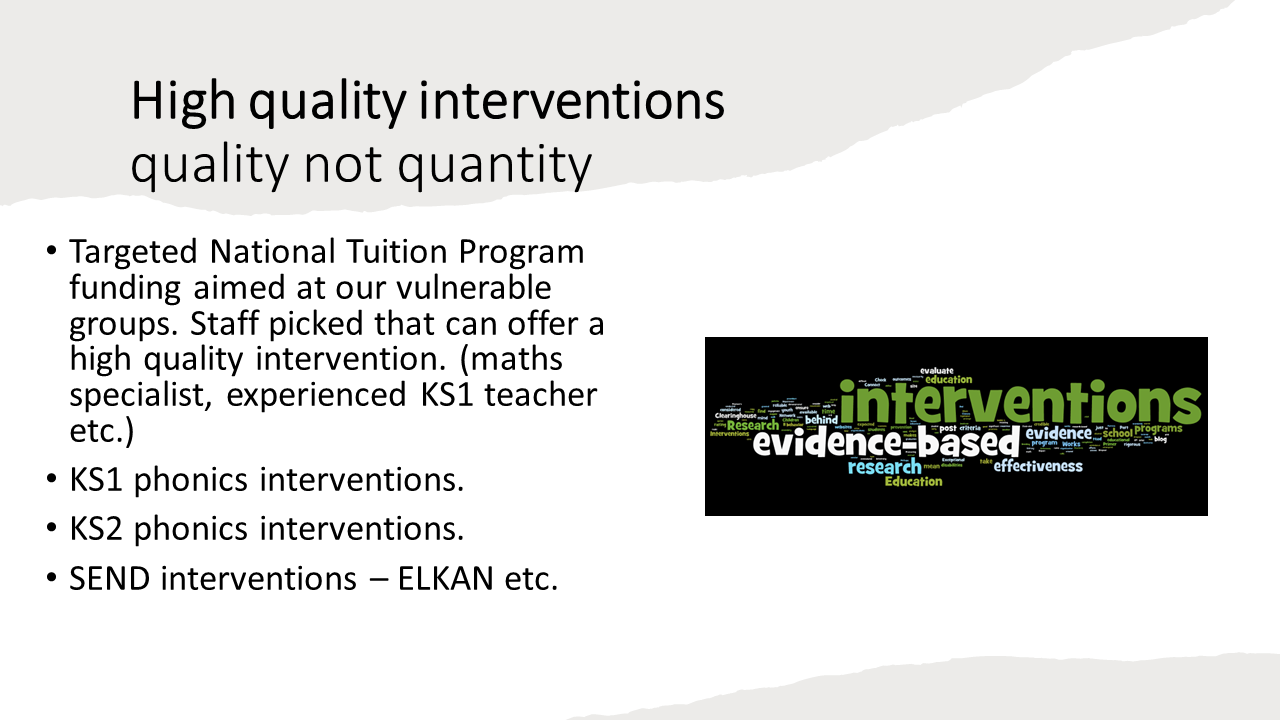
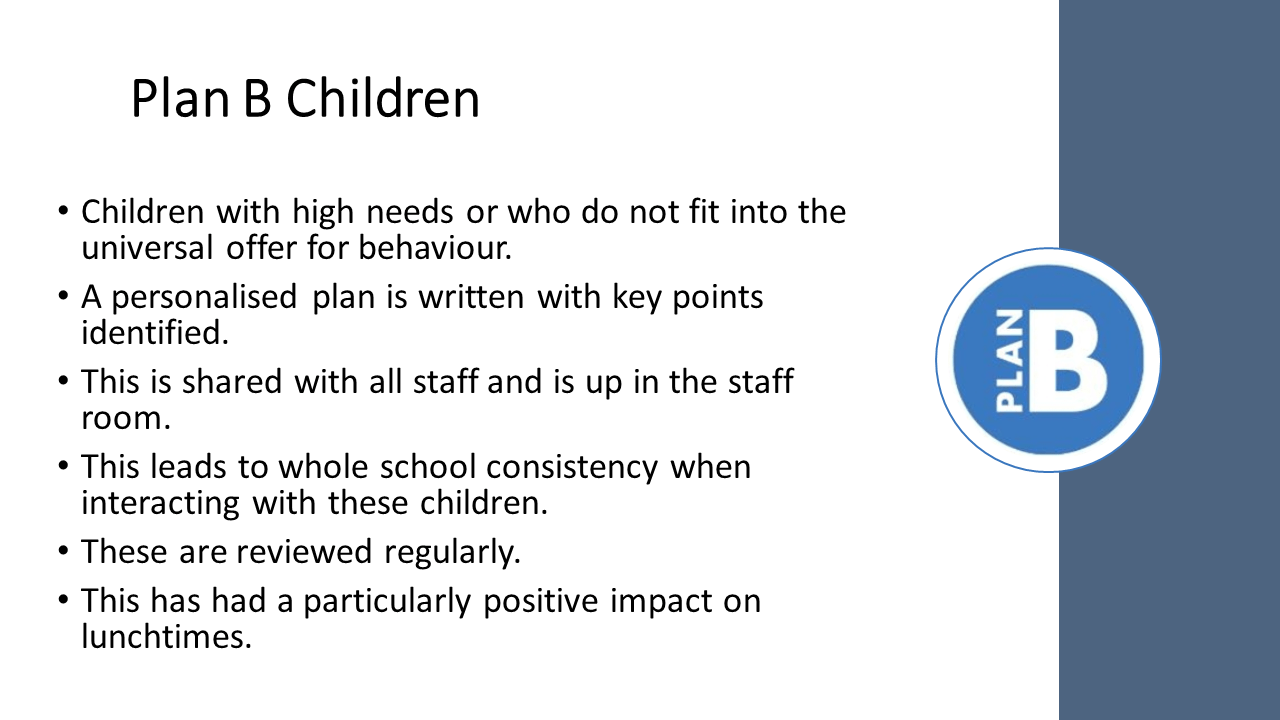



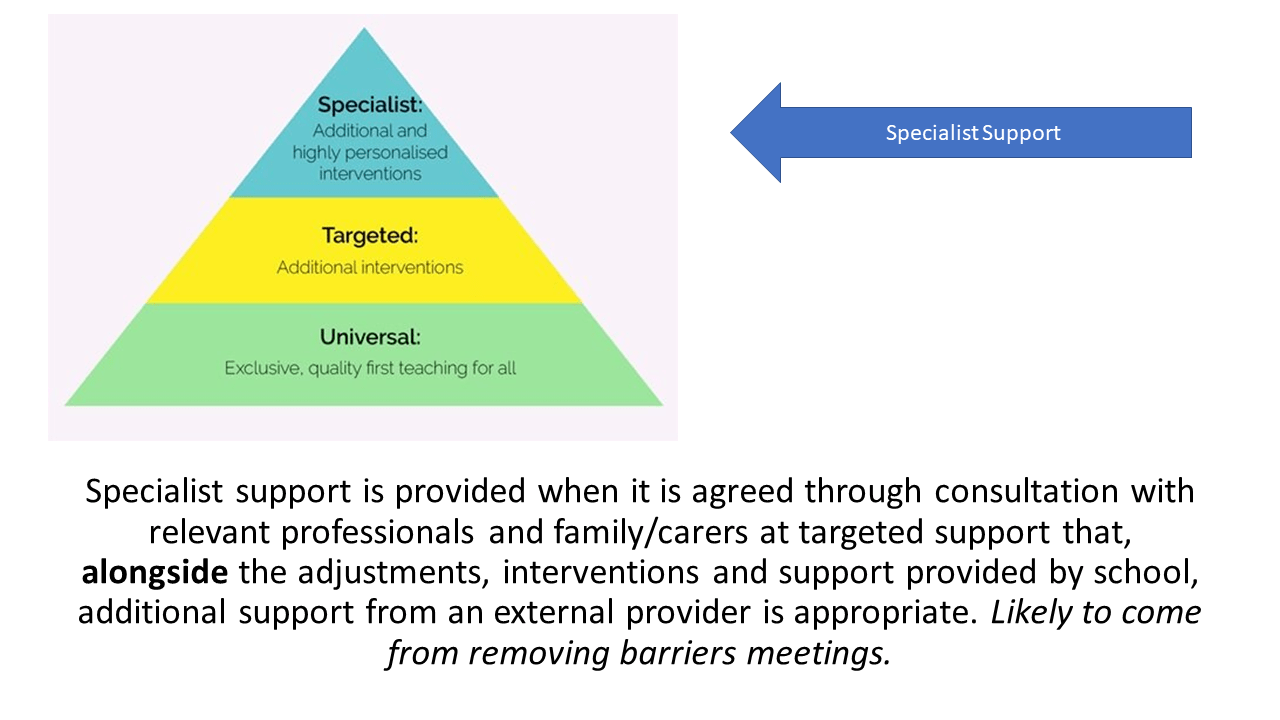
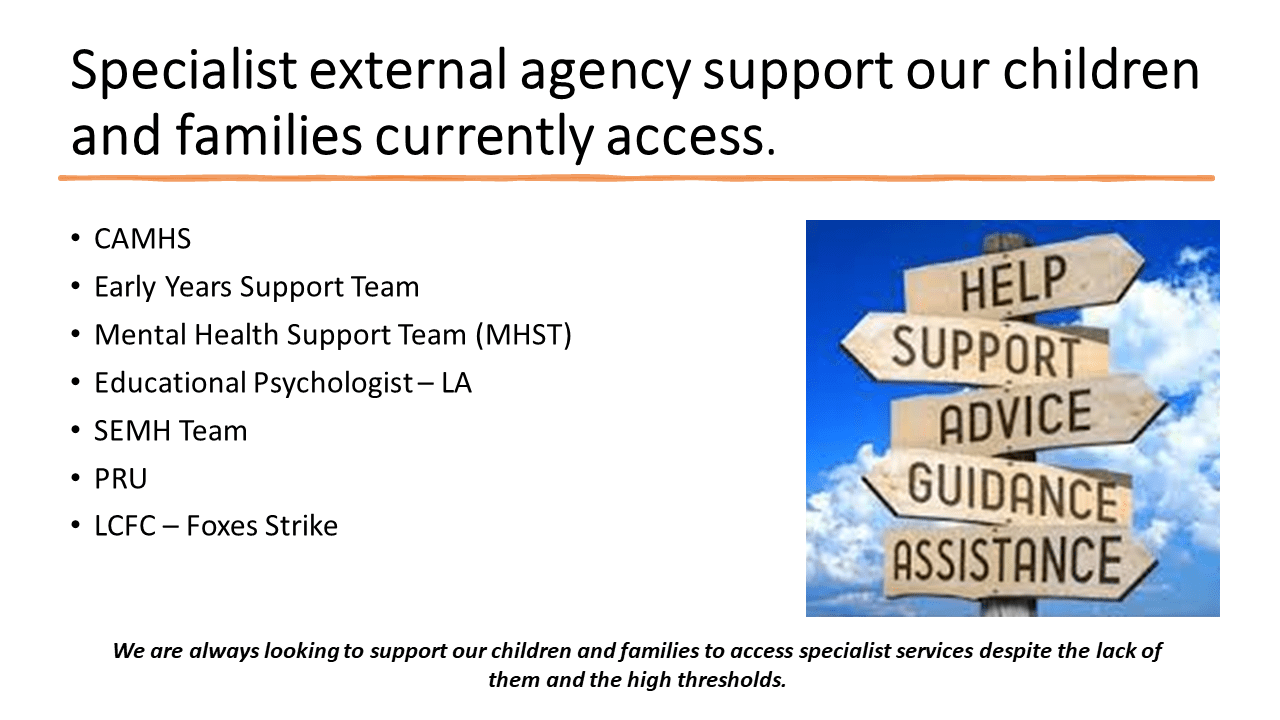

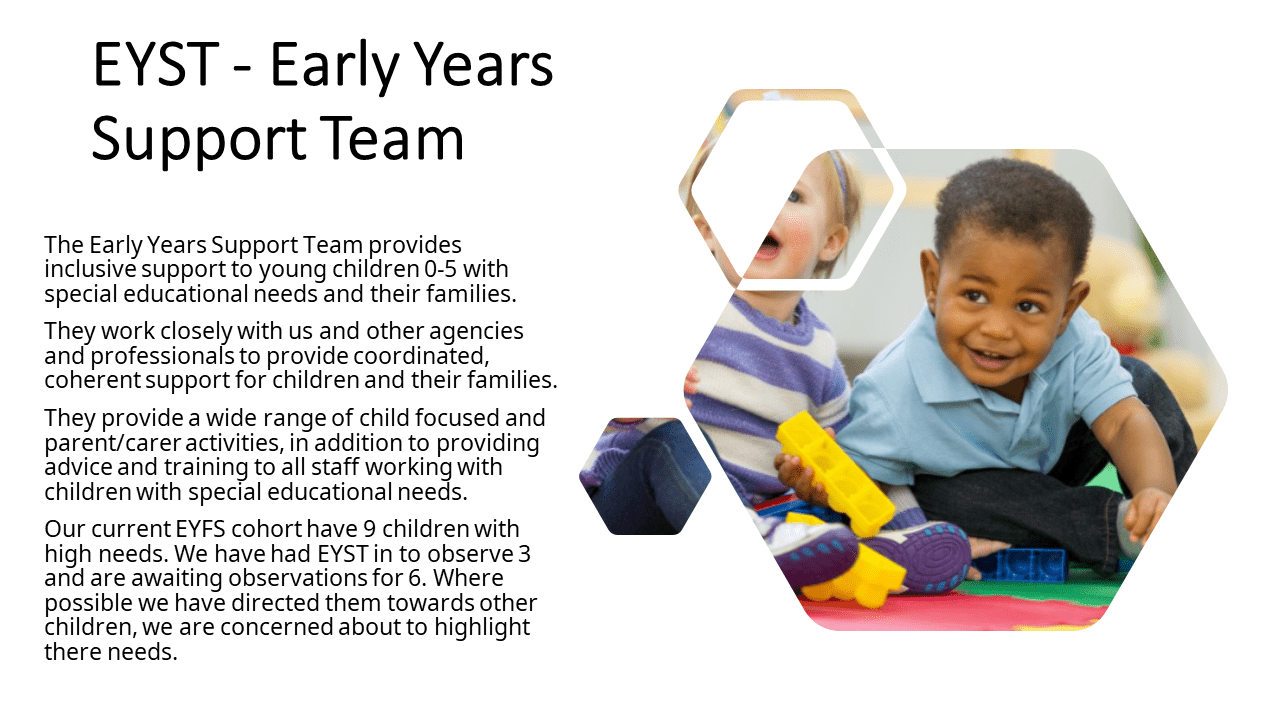


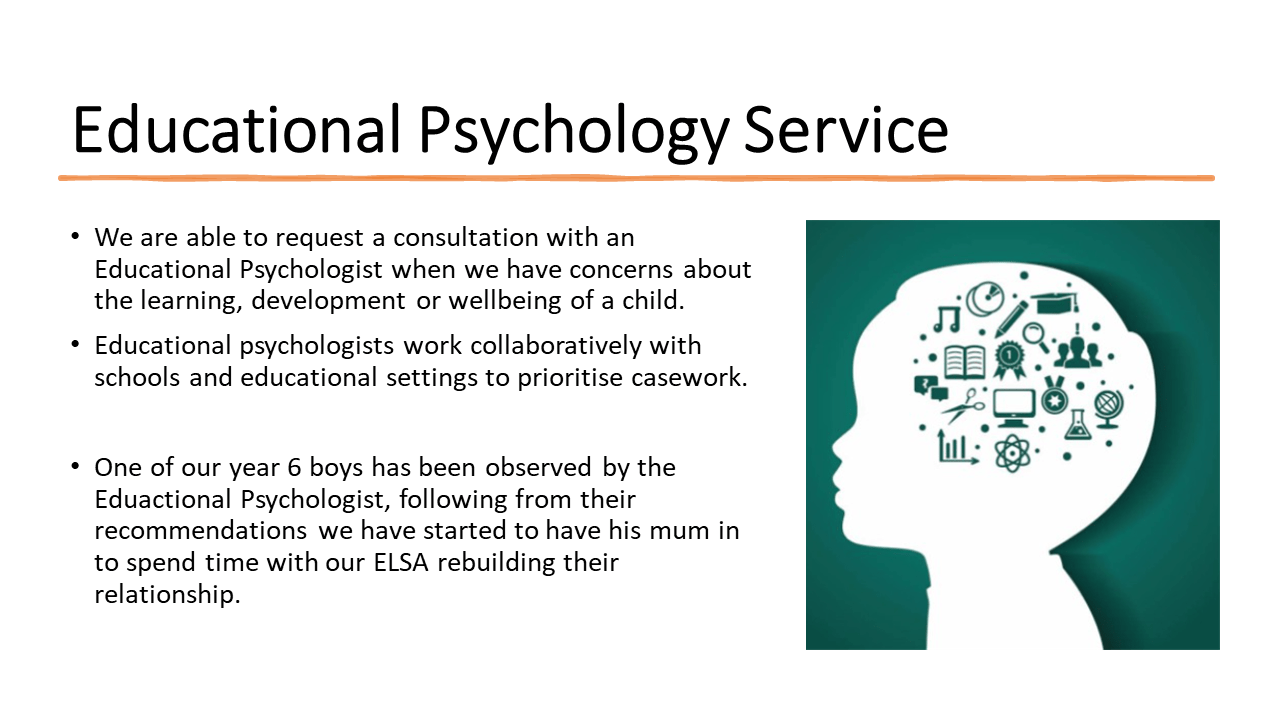
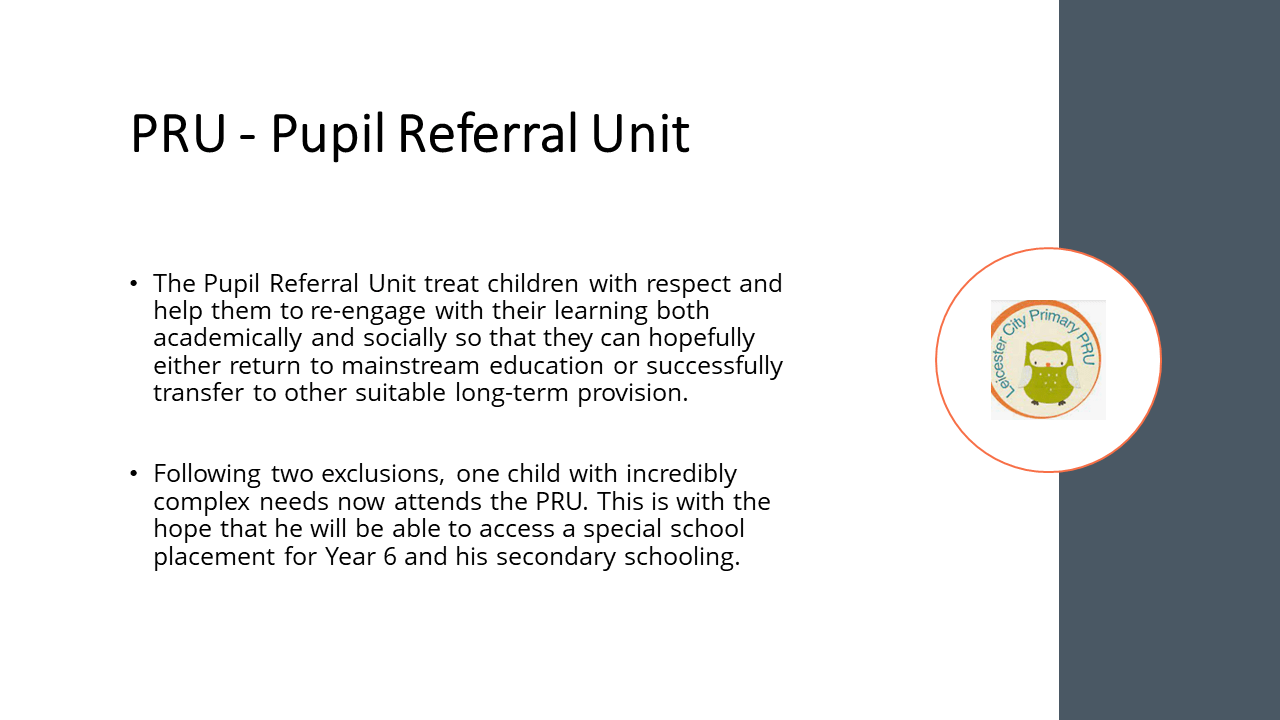
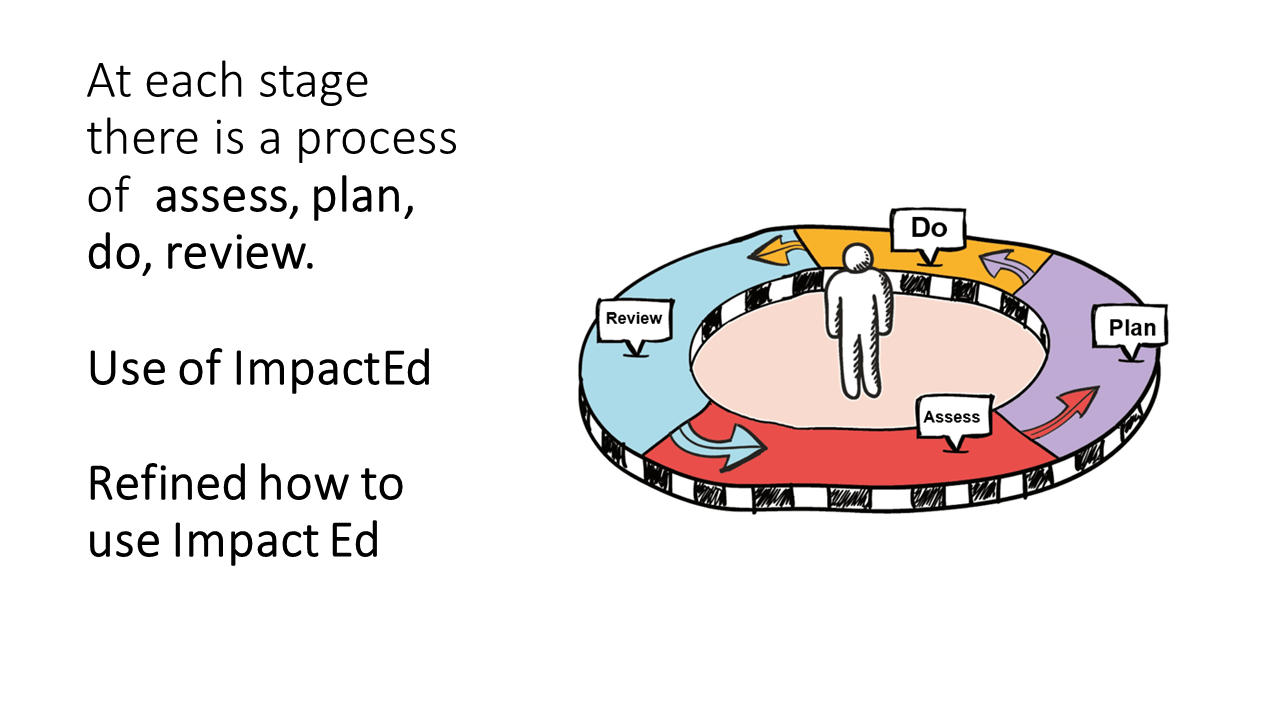
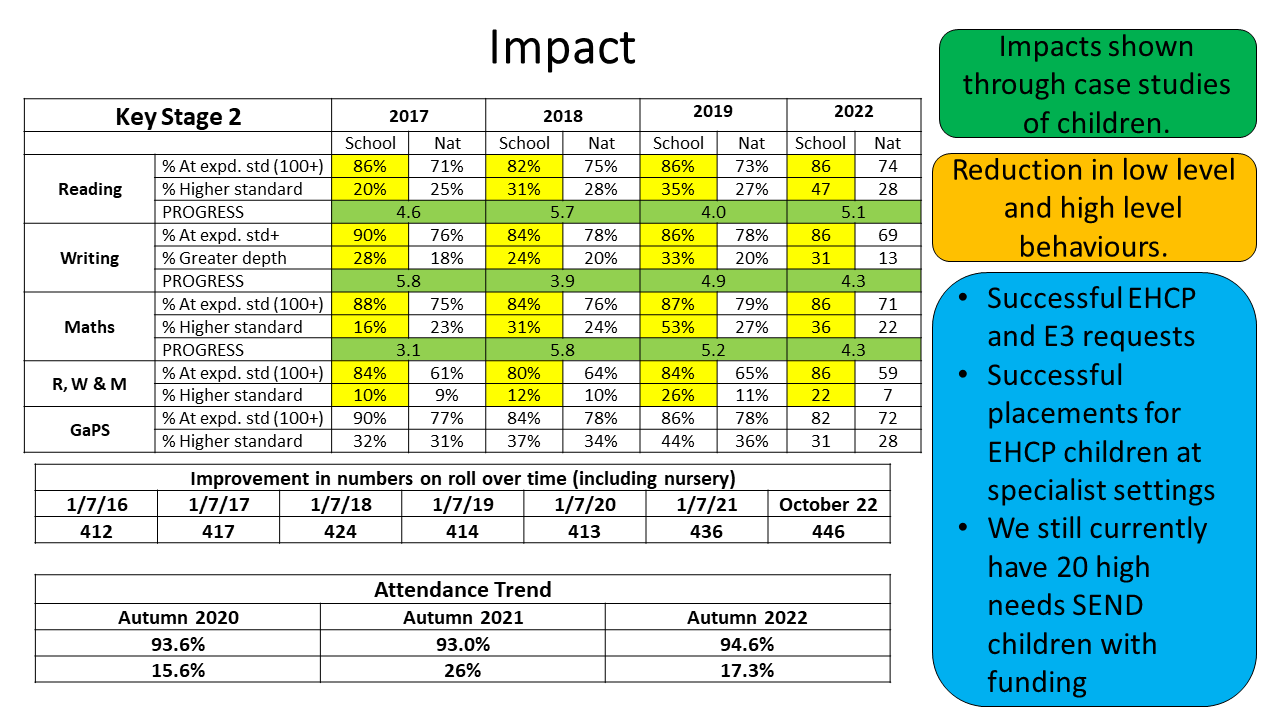

 Together We Make A Positive Difference
Together We Make A Positive Difference